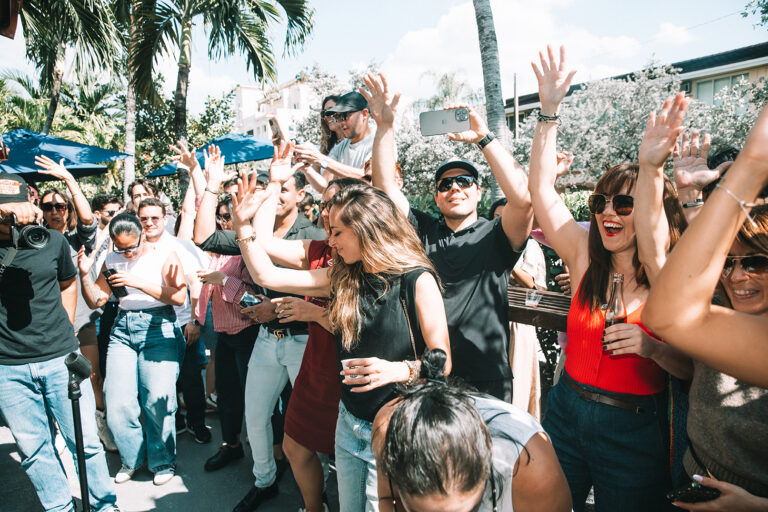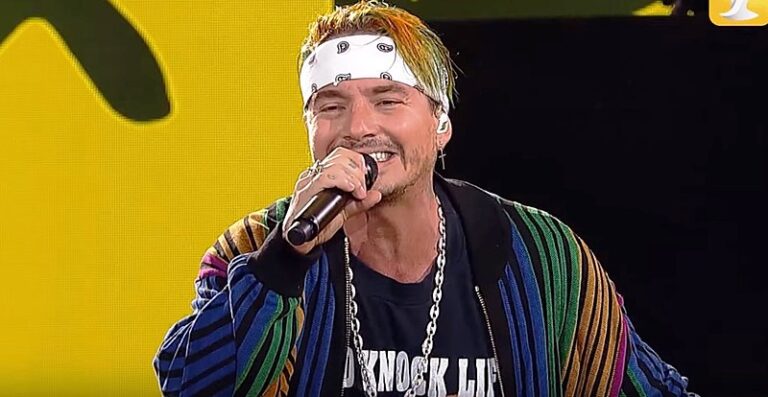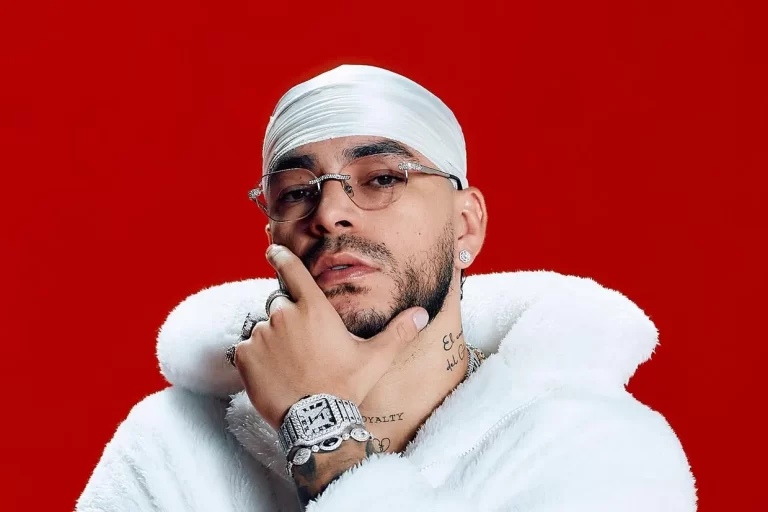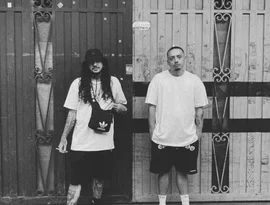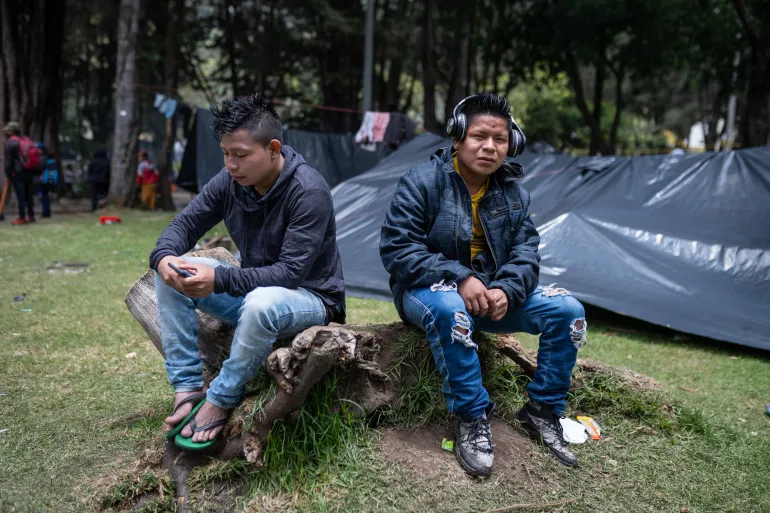
Embera Indigenous rappers hope music will raise awareness of mass displacement, poor living conditions in the country.
Bogota, Colombia – Under the sweltering Andean sun, Walter Queragama walked several kilometres late last month from Ciudad Bolivar, a poor neighbourhood in the south of the Colombian capital, to Bogota’s National Park.
There, he and hundreds of Indigenous Embera people, displaced from their homes amid a coronavirus-related economic crisis and forced from their traditional lands by continuing violence, planned to camp out to demand housing and jobs.

As government subsidies offered as part of a COVID-19 relief package run out, the families – many of whom held infants in their arms – said they have nowhere to go.
“Today, we’re going to rest,” Queragama, a 21-year-old rapper from Alto Andagueda in northwest Colombia, sang in his native Ebera Bedea language, as the crowd walked to the downtown park on September 29, drops of perspiration forming on his face. “Today, we aren’t going to dialogue [with the government] because we’re too tired.”
Queragama and his 23-year-old brother Gonzalo, co-creators of the rap group Embera Warra, or “Sons of the People”, said the displacement and resistance of the Embera people serve as inspiration for their art – and rap is the way they have chosen to tell their community’s stories.
“We have many stories – of history, of culture, of displacement,” Walter recently told Al Jazeera at the makeshift campsite where hundreds have set up tents and cooked outdoors over campfires. “We have to tell all these stories and send a message.”
The Embera people, divided between Colombia and Panama, live in remote riverside and mountain communities across the Pacific coast and the jungles of northwestern Colombia. About 50,000 people belonging to the Embera tribe, which consists of Chami, Katio, Dobida and Eperara Siapidara people, are at risk of extinction, according to a high court decision in 2009.
Thousands have been uprooted by continuing violence between the state and paramilitary groups and rebel fighters and forced to live in cities where food, housing, and employment are hard to find. The government has said more than 2,500 have resettled in Bogota since 2012.
But as the conflict lingers, and as Colombia experienced one of its most violent years in recent memory in 2020, hundreds more are expected to arrive.
“Displacement has wreaked havoc for the spiritual and cultural lives of our youth,” said Higinio Obispo, a leader of the Eperara Siapidara people, part of the Embera tribe. “These youth want to manifest what publicly goes unsaid. They’ve found they can do this through music.”
One of the first to use rap was Linaje Originarios, a duo of brothers Brayan and Dairon Tascon from an Indigenous community in Valparaiso. They released their first single in 2016. Condor Pasa became a surprise hit, receiving tens of thousands of views on YouTube and launching them to stardom.
It also set a precedent in the country, demonstrating that music based on Embera teachings and performed in the community’s native dialect could also be commercially popular.

